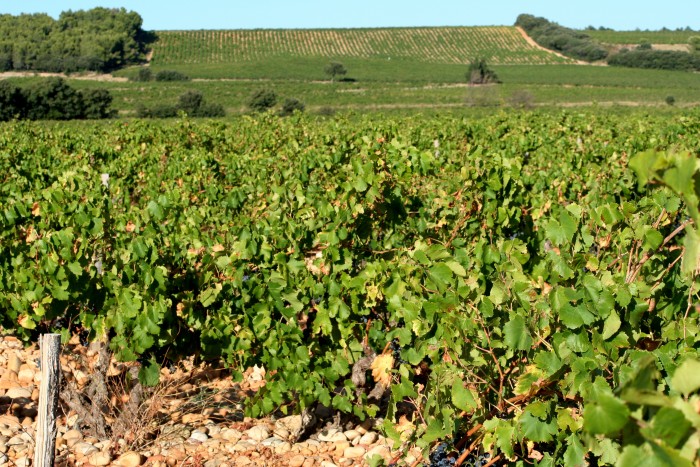The latest Environment and Society featured article is now available! This month’s article—”Shared Meals and Food Fights: Geographical Indications, Rural Development, and the Environment”—comes from Volume 2 (2011). In their article, Fabio Parasecoli and Aya Tasaki highlight relevant issues within the global debate on geographical indications as they relate to food products, and they explore the environmental impact of geographical indications and their potential in ensuring the livelihood of rural communities in emerging economies and promoting sustainable agricultural models.
Visit the featured article page to download your copy of the article today before it’s gone! A new article is featured every month.

FABIO PARASECOLI is a professor in the Department of Nutrition and Food Studies at New York University. His research focuses on the intersections among food, media, and politics. His most recent projects focus on food design and the synergies between food studies and design. After covering Middle and Far Eastern political issues, he wrote for many years as the US correspondent for Gambero Rosso, Italy’s authoritative food and wine magazine. Recent books include Bite Me! Food in Popular Culture (2008), the six-volume Cultural History of Food (2012, coedited with Peter Scholliers), Al Dente: A History of Food in Italy (2014), Feasting Our Eyes: Food, Film, and Cultural Citizenship in the US (2016, with Laura Lindenfeld), and Knowing Where It Comes From: Labeling Traditional Foods to Compete in a Global Market (2017).
AYA TASAKI is a queer immigrant activist and native of Japan with bicultural roots. She earned her MA in international affairs from The New School. Her thesis focused on US immigration policies, inspired by the work she does with the Audre Lorde Project surrounding the queer people of color community. She has contributed to the Kathmandu Post and Y! Magazine while doing research on migrants in Nepal.
